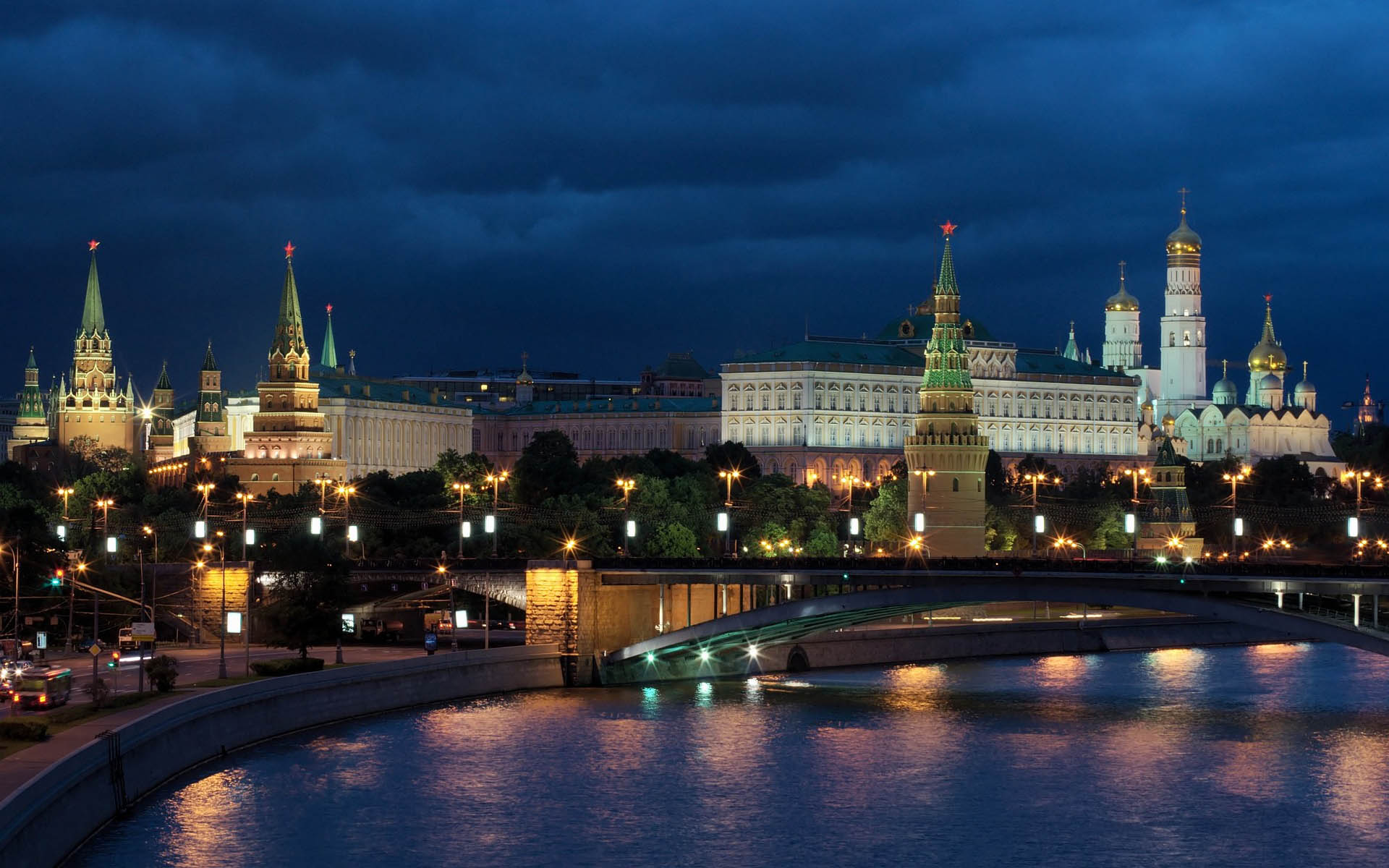Russia’s Finance Minister announced the government’s goal of legalizing and regulating the circulation of cryptocurrencies. Unlike China, Russia will not outright ban ICOs as it plans to take full advantage of this new financial technology.
Although a segment within the Russian administration has not given its backing to cryptocurrencies, most of the evidence and recent developments in the country point towards a push from Kremlin to become the world’s most powerful country on the back of its early adoption of artificial intelligence.
‘Securities’ Regulation
Finance Minister Anton Siluanov declared on Friday that the government will regulate cryptocurrencies as securities, telling reporters in Moscow:
The state certainly understands that cryptocurrencies are a reality, there is no point in prohibiting them. It is possible to regulate them, so the Finance Ministry will draw up a bill by the end of the year.
A law will be drafted by year’s end by Russia’s Finance Ministry to define a procedure for, and register, those willing to buy cryptocurrencies. Just like treasury bonds, these digital currencies will be treated as securities. However, it remained unclear exactly what kinds of cryptocurrency transactions would be subject to federal regulations.
After China decided to outlaw ICOs and close domestic trading cryptocurrency platforms earlier this week, Siluanov said Russia wants to “make investments into such instruments regulated…. We must make an organized market out of the black market.”
Russia declares cryptocurrencies are real. Seeks to regulate them.https://t.co/pO3KHzhX82#bitcoin #ethereum
— AgenT Gn0sYs (@CryptoGnosys) September 9, 2017
Power Struggle? Central Bank vs. Finance Ministry
The Russian central bank has twice criticized cryptocurrencies in the past week, stating that their use was aiding and abetting “illegal activities, including legalization (laundering) of proceeds from crime and financing of terrorism”. Central bank Governor, Elvira Nabiullina, warned against the cryptocurrency “bubble” and likened it to “gold fever”, vowing to prevent its use as “surrogate money”.
Similarly, European Central Bank’s president, Mario Draghi, has rejected a proposal by the Estonian government to launch a state-managed cryptocurrency. The general trend, therefore, seems to be that central bankers are very worried about losing control over the circulation of money. They seem prepared to go to any lengths to prevent the centralized adoption of cryptocurrencies as legal tender, often under the guise of protecting against risks associated with a “stateless and unregulated” technology.
Russia's Central Bank Issues Warning on Cryptocurrencies and ICOs https://t.co/4CtRzpfBvu pic.twitter.com/7dsJ9K6BQd
— ICObazaar (@ICObazaar) September 6, 2017
Kremlin’s Push Toward Adopting AI
Putin famously remarked earlier this month:
The future belongs to artificial intelligence. Whoever becomes the leader in this sphere, will become the ruler of the world.
A string of recent developments clearly demonstrate a conscious effort by the government to fund and create these AI innovations, much of which will be achieved through cryptocurrencies and their underlying blockchain technology. Putin gave his complete backing to the half-Russian founder of Ethereum, Vitalik Buterin, when they met a few months ago to discuss how to increase its local adoption.
Russian Miner Coin, RMC, a company co-owned by Putin’s internet ombudsman, has informed Putin of their plan to raise $100 million to usurp China and make Russia the world’s undisputed leader in cryptocurrency mining. Russia’s National Settlement Depository (NSD) for the Moscow Stock Exchange is already in the process of developing a blockchain platform that aims to build a ledger system to account for crypto-currency trades.
Various other projects, such as Masterchain, have received a warm embrace from Russian authorities who are looking to get ahead of other countries by getting in the technology game early. Putin has now even called on his country’s IT companies to use Russian domestic software to combat the “high security risks” of ‘foreign’ products.
Putin's piggybank developing an interest in blockchain / cryptocurrencies. https://t.co/nIYZz1t5j7
— Wolverine 2017
(@Wolv_2017) August 30, 2017
What do you think about Russia’s decision to regulate cryptocurrencies as securities? Are the central bankers’ worries justified or are they uncalled for? Do you believe Putin can make Russia the strongest power by adopting AI in its nascent stage? Let us know in the comments below.
Images courtesy of Wikimedia Commons, Twitter









